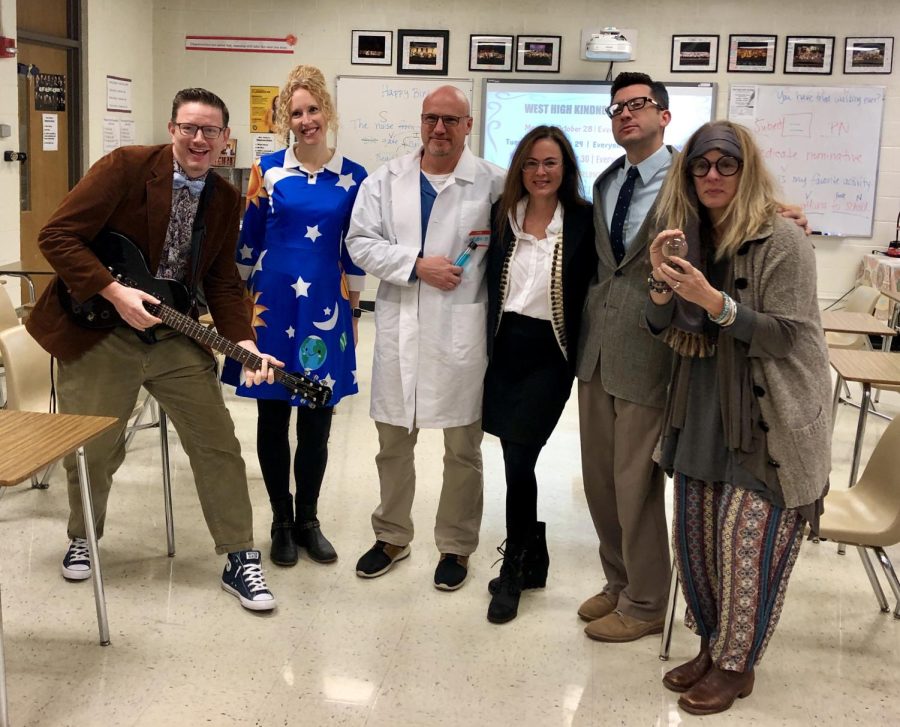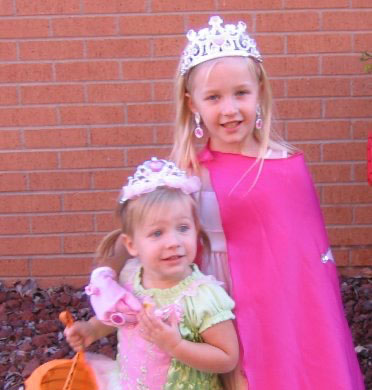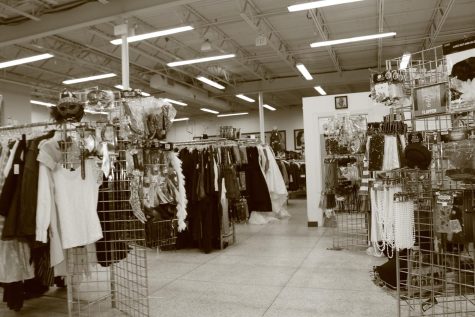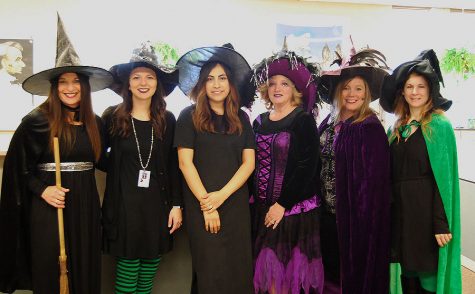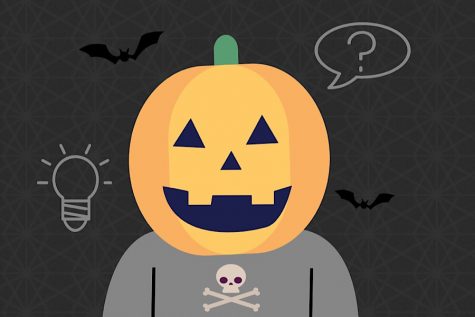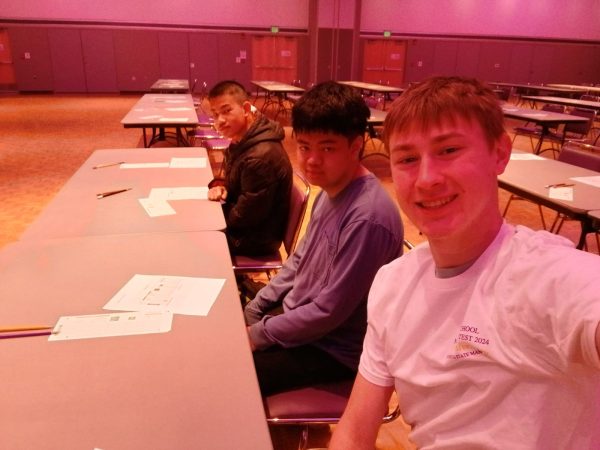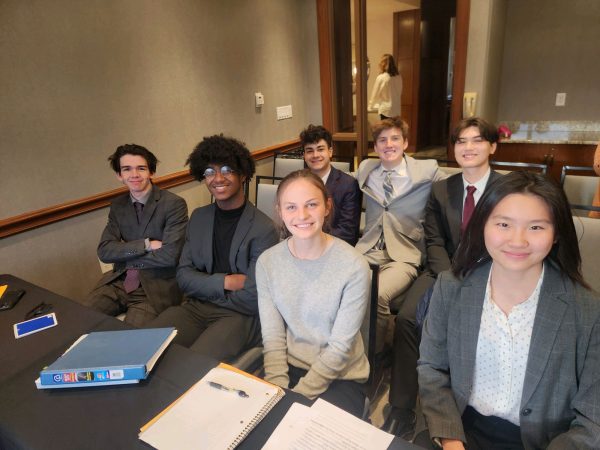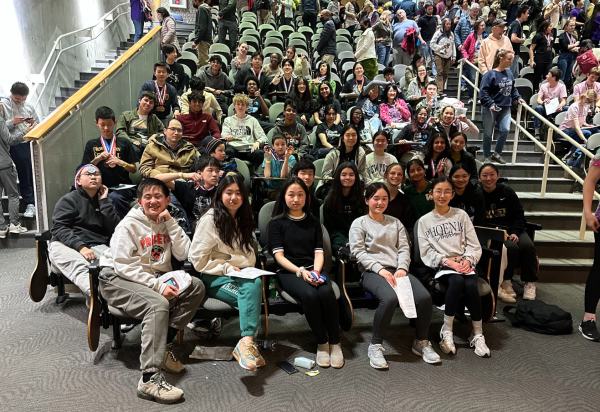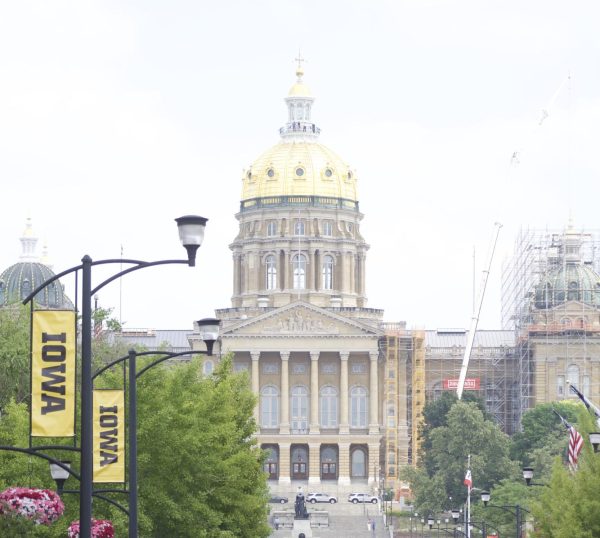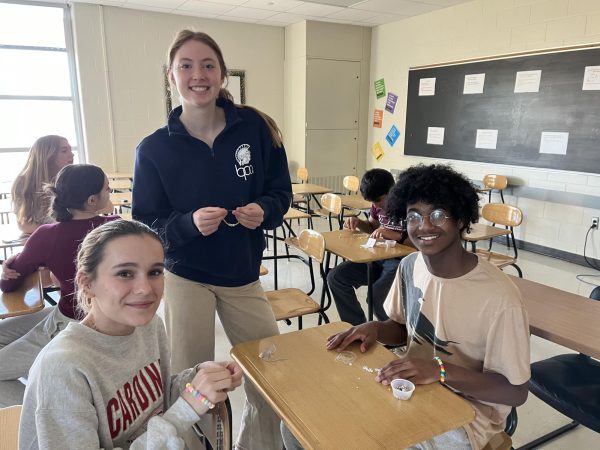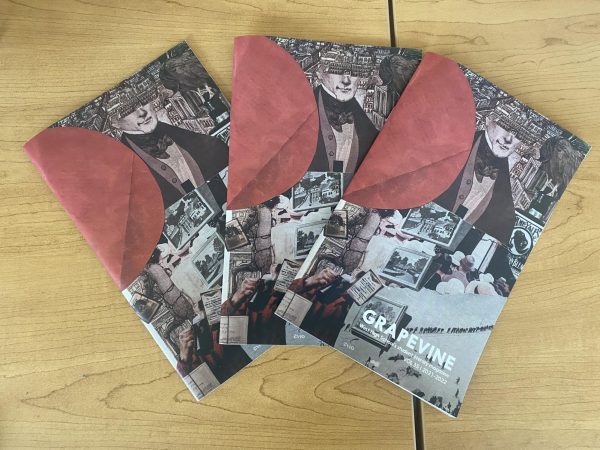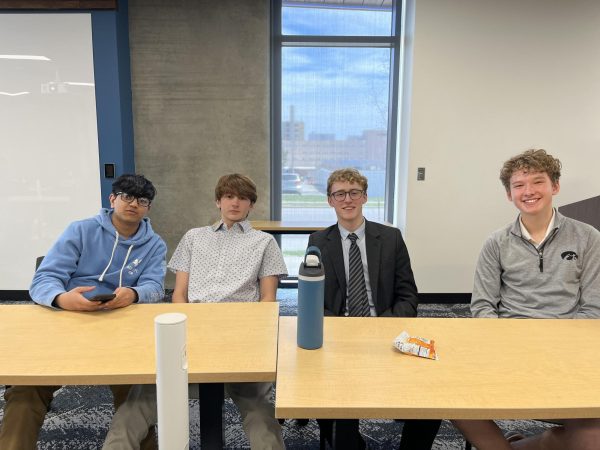Staff’s spooky spirits dampened after limiting Halloween costumes
Vivian Polgreen ’23 investigates what teachers think about not being able to wear costumes this Halloween.
West High English teachers in 2019 dressed up as famous fictional teachers.
In 2020, many school events were canceled because of the pandemic, and this year, many holidays and celebrations will not be coming back. In order to make the ICCSD a more inclusive and equitable place to learn, a new policy was put in place, putting an end to classroom parties and preventing teachers and staff from wearing Halloween costumes. However, some teachers disagree with this new policy and whether or not it will improve the school atmosphere.
“I am always in favor of equity and making sure that that is a top priority. I wonder, though, if there would have been an easy solution, instead of taking away celebrations right now, especially when we need the morale boost when students need something to look forward to,” said English teacher Katy Nahra.
I am always in favor of equity and making sure that that is a top priority. I wonder, though, if there would have been an easy solution, instead of taking away celebrations right now, especially when we need the morale boost when students need something to look forward to
— Katy Nahra
Every year, some departments, such as English and Science, are involved in an ongoing competition, to see who can have the best group costume. This year, the English department was planning to dress up as characters from movies directed John Hughes, who was a writer and director involved in the production of “Home Alone”, “Ferris Bueller’s Day Off”, and other films in the 1980s and 1990s.
Crossett, a social studies teacher who started working at West High this year, was also disappointed that she would not be able to wear a costume.
“I was actually really looking forward to the fact that I knew West High did dress up [for Halloween] because I went here, and the last school that I taught at didn’t,” said social studies teacher Camille Crossett. “The good thing was they told us before homecoming week, so I just wore mine for character day, and so I was a really dramatic Mrs. Frizzle, but I still got to wear it.”
The decision to stop celebrating holidays district-wide was made because many students chose not to participate in these parties; whether for cultural or religious reasons, they did not celebrate the holiday. There was also a concern that some students would not be able to afford costumes, treats, or other things that they might be expected to bring to classroom parties. This change was enacted in an effort to be more equitable for students.
Teachers had suggestions for making the celebrations more accessible. ¨Maybe it would have been easy to have people donate costumes, or have some kind of sign-up, where students that needed costumes could get them…we could have done a drive for that. I just feel like, especially at the elementary level, time could have been taken to brainstorm some other ideas to make it more equitable,” said Nahra.
Today, Halloween is not celebrated as a religious holiday in churches or temples. However, Halloween has a complicated history. And while many people do not think of it as a religious holiday, Halloween does have loose ties to Christianity and Celtic pagan traditions.
“A lot of the holidays are either religiously based or American culture-based, so there were a lot of students in the school district, since it’s so diverse, that didn’t celebrate those holidays, so I think the concern was that they would be alienated by some sort of celebration,” said Crossett.
However, Halloween today is seen by most people as a fun excuse to dress up, eat candy and watch scary movies, and has become a secular holiday, not celebrated by any religion.
“It would be interesting to have a conversation with somebody who had a background or a belief system where they felt excluded because of a celebration of something like Halloween. I’ve read people express opinions in various articles online and things like that, but… I haven’t had that conversation. But I’d be interested too, I’m sure there are lots of students who feel that way,” said English teacher Amari Nasafi.
It would be interesting to have a conversation with somebody who had a background or a belief system where they felt excluded because of a celebration of something like Halloween. I’ve read people express opinions in various articles online and things like that, but… I haven’t had that conversation. But I’d be interested too, I’m sure there are lots of students who feel that way.
— Amari Nasafi
For many students, especially in elementary school, class parties on Halloween and other holidays were often fun and memorable days where the usual classes and worksheets were replaced with themed games, crafts, and other activities, and will be missed by many students.
“I feel kind of sad. My own two children, one is in second grade, and …she will never know what it’s like to have a Halloween parade or Halloween party, and my son won’t either. I just remember how much fun that was growing up, and maybe I have a skewed view, I’ve romanticized it or something and I didn’t notice the kids that were upset by it. But it makes me a little sad that she’ll miss out on that,” said Nahra.
Your donation will support the student journalists of West High School. Your contribution will allow us to purchase Scholarship Yearbooks, newsroom equipment and cover our annual website hosting costs.
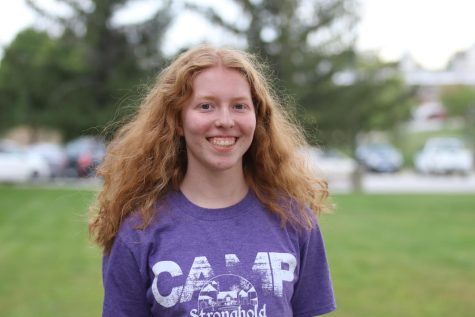
(she/her) Vivian Polgreen is a senior at West and it is her third year working on staff. She is the news editor and co-managing editor for the online publication....


